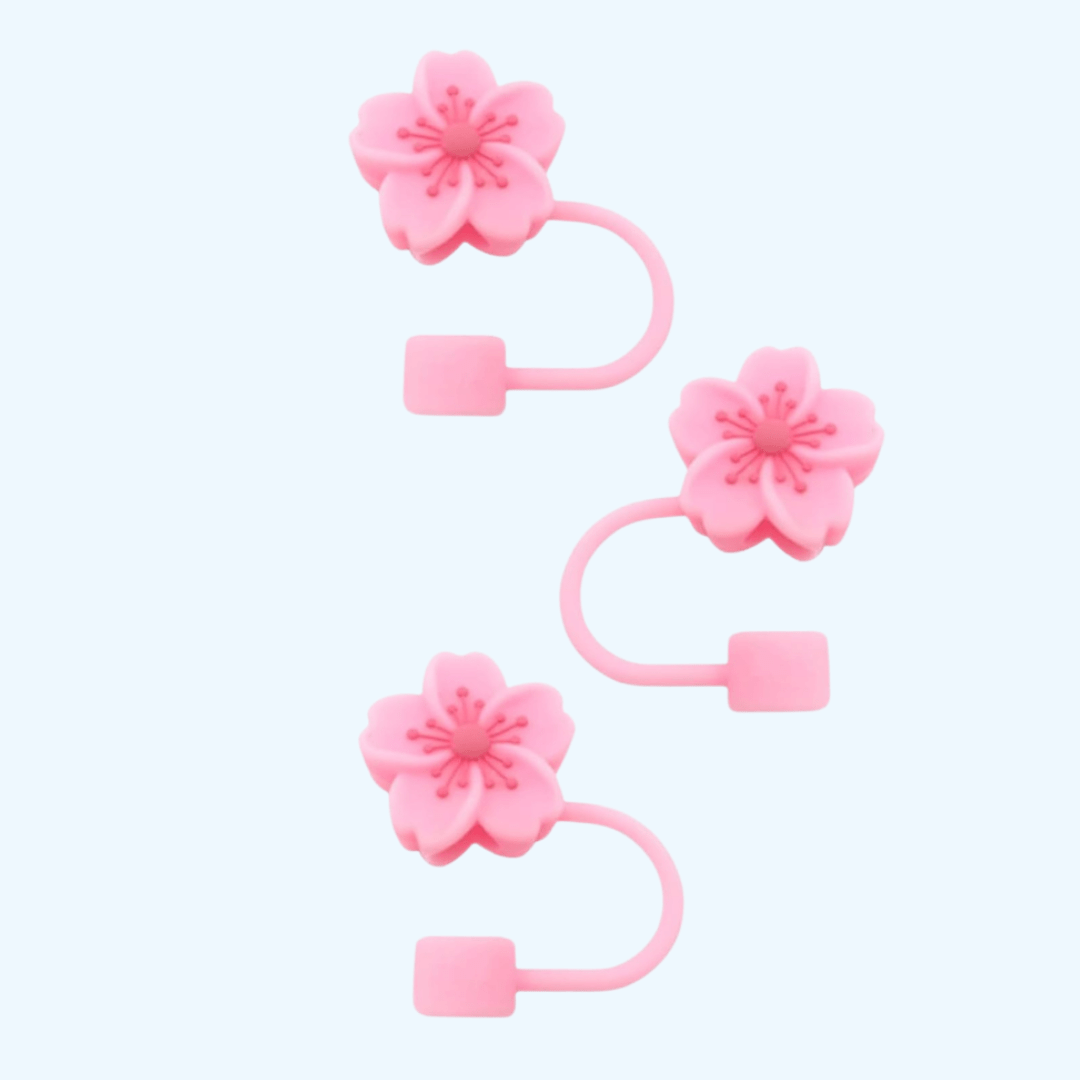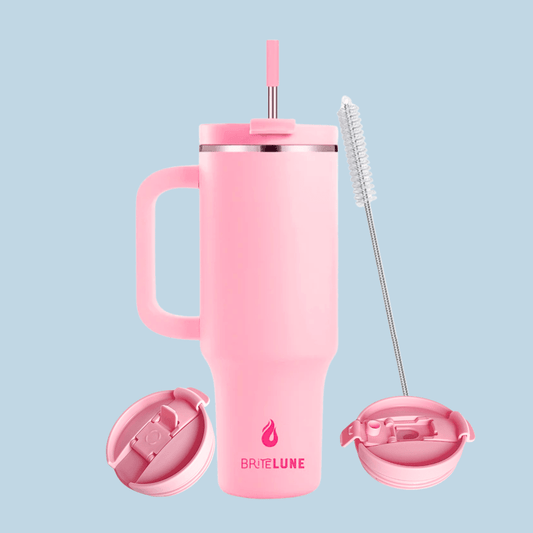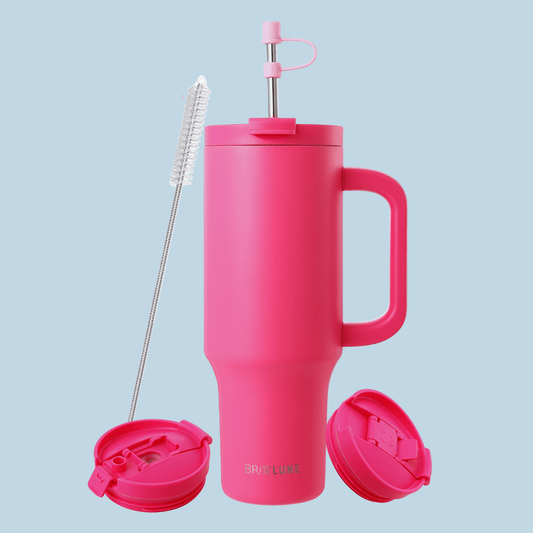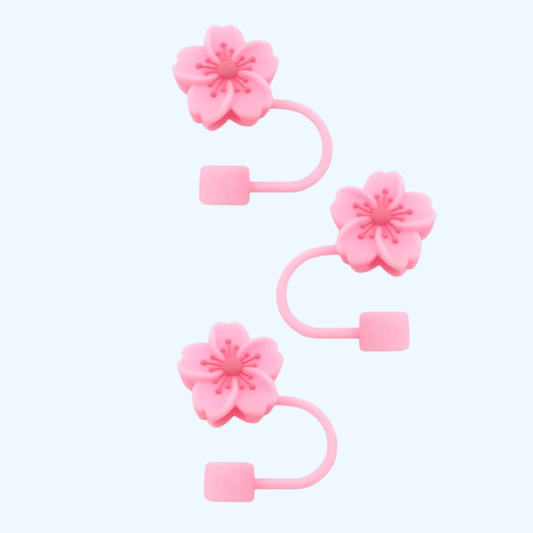
What’s the Healthiest Water Bottle?
When it comes to hydration, having the right water bottle is just as important as drinking enough water. The healthiest water bottle is one that not only keeps you hydrated but also ensures that the materials it’s made from are safe for you and the environment. In this post, we’ll look at which types of water bottles are the best for health, focusing on the materials and features that promote safe hydration.
What Makes a Water Bottle Healthy?
To pick the healthiest water bottle, it's essential to choose one made from safe, non-toxic materials. You want a bottle that won’t leach harmful chemicals into your water, especially when exposed to heat or sunlight. Many cheap plastic bottles contain BPA (Bisphenol A), a harmful chemical linked to various health problems. That’s why opting for a bottle made from materials like stainless steel or glass is a healthier choice.
The healthiest water bottle will also be easy to clean and won’t absorb odors or retain bacteria. Let’s break down the best options for your health and hydration.
If you're looking for more details about safe materials, take a look at What’s Your Water Bottle Made Of?.
The Healthiest Water Bottle Materials
1. Stainless Steel: Durable and Safe
Stainless steel is often considered the best material for water bottles because it’s incredibly durable and safe. High-quality stainless steel bottles, like the BriteLune Fleur Tumbler, are free from harmful chemicals like BPA. They’re built to last for years, keeping your water fresh and clean. Stainless steel is also great for temperature control, ensuring your water stays cool for up to 24 hours and hot for 12 hours.
Not only is stainless steel safe, but it’s also better for the environment. Unlike plastic, stainless steel is recyclable, which helps reduce the amount of plastic waste in landfills and oceans.
If you want more reasons to make the switch to stainless steel, check out How Eco-Friendly Materials Are Revolutionizing Modern Tumblers.
2. Glass: Non-Toxic and Flavor-Free
Another great option is glass. It’s 100% non-toxic and free from BPA and other harmful chemicals. Plus, it doesn't absorb flavors or odors, meaning your water will always taste fresh. Glass bottles are easy to clean and don’t retain bacteria or germs. The only downside is that they can be fragile, so you’ll need to handle them carefully.
If you prefer a completely natural drinking experience, glass is an excellent choice. However, if you’re looking for something more travel-friendly, stainless steel might be a better option.

3. BPA-Free Plastic: A Safer Alternative
While plastic bottles are generally not as healthy as stainless steel or glass, there are BPA-free plastic bottles that are safer to use. BPA-free plastic bottles are made without the harmful chemical BPA, but it's important to remember that plastic bottles can still leach other chemicals over time, especially when exposed to heat. Plastic bottles also degrade faster than metal or glass, meaning they may need to be replaced more frequently.
For a safer plastic option, choose food-grade plastic and ensure it’s labeled as BPA-free. However, if you’re serious about healthier hydration, stainless steel or glass is your best bet.
To learn more about BPA-free plastic, check out this study by the National Institutes of Health.
Features to Look for in a Healthy Water Bottle
When choosing a water bottle, it’s not just the material that matters. The design and features are just as important for safe hydration:
- Leakproof Lid: A leakproof lid keeps your drink secure in your bag or car, making sure you don’t have spills or leaks.
- Wide Mouth: A wide mouth makes it easier to clean your bottle and refill it, especially if you like to add ice or fruit infusions.
- Dishwasher-Safe: It’s essential to clean your bottle properly. Dishwasher-safe bottles are easier to maintain and help prevent bacteria buildup.
The BriteLune Fleur Tumbler is a great example of a bottle with these features, combining stainless steel durability, leakproof design, and temperature retention in one bottle.
Learn more about the BriteLune Tumbler in How Eco-Friendly Materials Are Revolutionizing Modern Tumblers.
How to Stay Hydrated the Healthy Way
The key to healthy hydration is consistency. Make sure you’re always drinking water throughout the day and using a bottle that’s safe and convenient. Here are some tips for staying hydrated:
- Carry your bottle everywhere: Keep your reusable water bottle with you at all times, whether you're at work, the gym, or running errands.
- Refill regularly: Make sure to refill your bottle multiple times a day to stay hydrated.
- Infuse your water: Add fruits like lemon, cucumber, or berries to your water for a fresh flavor and extra vitamins.
Stay Hydrated with the Healthiest Water Bottle
Choosing the healthiest water bottle is crucial for your well-being. Stainless steel and glass bottles are the safest, as they don’t contain harmful chemicals like BPA. The BriteLune Fleur Tumbler, made from premium stainless steel, is an excellent choice for anyone looking for a safe, durable, and eco-friendly way to stay hydrated. It’s time to make the switch to a healthier and more sustainable hydration option.
Get your BriteLune Fleur Tumbler today and enjoy 20% off your first order using the code BRITE20 at checkout!
Helpful Reads
What’s Your Water Bottle Made Of? – Learn about the materials used in different water bottles and what makes them the healthiest options for hydration.
What’s the Safest Material for Water Bottles? – Understand the safest materials for water bottles, from stainless steel to BPA-free plastics, and why they matter for your health.
Helpful External Resources
- The Health Benefits of Drinking Water – Learn about the numerous health benefits of staying hydrated and the best practices for drinking enough water.
- How to Choose the Right Water Bottle – A comprehensive guide on how to choose the healthiest and most functional water bottle for your lifestyle.
- The Environmental Impact of Single-Use Plastics – Learn about the harmful effects of plastic waste and how switching to reusable bottles can help.






